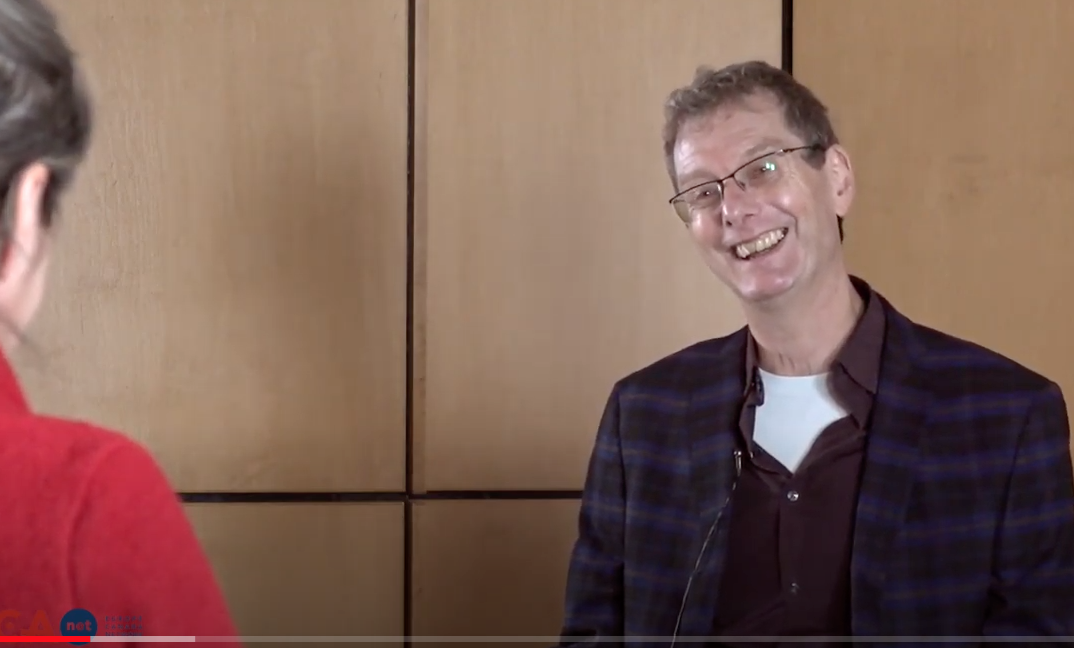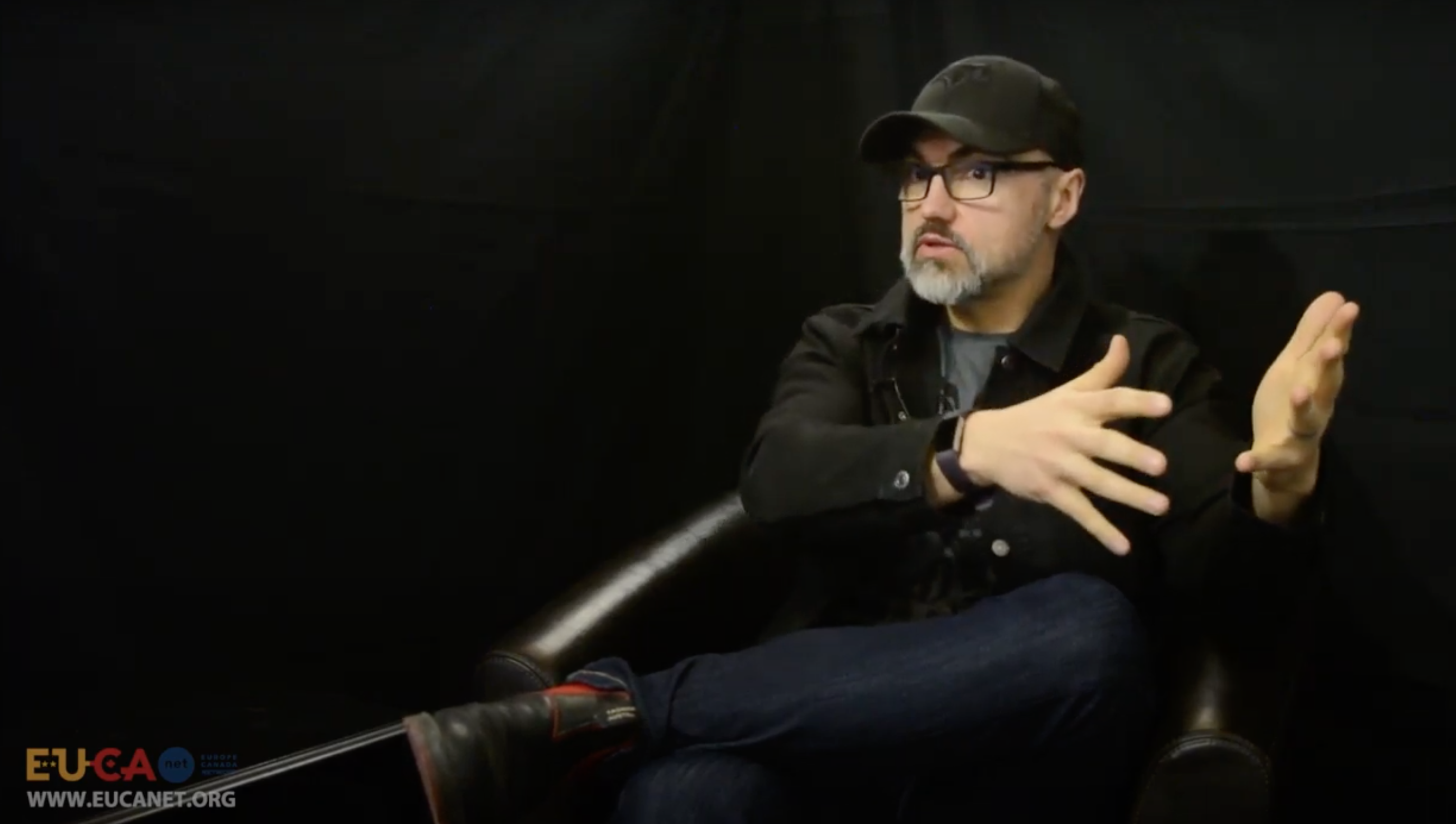Prof. Adam Czarnota: Central-Eastern European States Between Liberalism and Populism
Adam Czarnota, Faculty of Law, University of New South Wales, participated in the international conference “Constitutionalism in the Age of Populism”, March 6-8, 2020.
In his paper, Czarnota notes that traditional constitutionalism introduced in the CEE region after 1989 was based on the promise of neutrality and impartiality of reason, inclusion, and openness of debate to all arguments, based on the acceptance of formal equality. Paradoxically, it led to the exclusion and alienation of the citizens by the systems of experts as for instance in the economic reform or as mention above by expert lawyers deciding on crucial values of the polity.
The first part of his paper investigates recent constitutional changes and processes in Central-Eastern European states. The second part analyses the explanatory theories about them: populist, neo-athoritarian and abusive/stealth constitutionalism interpretations. Through the analyses of the social processes in the last 30 years in the CEE region, Czarnota argues that what we observe is the slow process of institutional changes towards postconventional constitutionalism. In the last part, I will describe the characteristic features of post-conventional constitutionalism.
During the conference, Dr. Adam Czarnota also participated in the video series on Populism and Democracy and accepted the invitation to respond to a bold question: “What are the greatest challenges that populism poses to democracy?”.
In this video, Adam Czarnota stresses the difficulty in finding a shared definition of populism. One needs to consider whether a populist movement aspires to power or is in power and also whether it is rightist or leftist, says the scholar. “What unifies these movements is the problem of the exclusion”, adds Czarnota, stressing that populism is “a chameleon type of phenomenon”, meaning that the context in which the populists function plays the most important role in defining its substance. The scholar criticizes the circles – especially the liberal circles – that tend to dismiss populism as a “not nice” or “not interesting” social phenomenon. On the contrary, Czarnota notes that populists try to express the experiences of social groups which are excluded from the mainstream and experience violence in society.
The scholar explains the popularity of the populist movements with the disappearance of all traditional divisions between left and right in the contemporary world. “People live in a political vacuum, like free political nomads”, says Czarnota. As for the increasing number of populist movements in the post-communist countries – from the Baltic states to Croatia – the scholar is not sure whether these movements should be defined as populist, as they do not seem to have all three elements of populism, namely anti-elitism; moral superiority of the people and anti-pluralistic attitudes. Moreover, Czarnota notes that “paradoxically, from the point of view of the participatory democracy, the so-called populist movements include the people”. “What is missing is deliberation” – adds the scholar – because “if you increase participation there is an immediate decrease in the quality of deliberation”
Short Bio
Adam Czarnota is an Associate Professor at the University of New South Wales in Sydney and is the Co-Director of the Network for Interdisciplinary Studies of Law and Co-Chief Investigator of the research group, ‘Constitutional Populism: Friend or Foe of Constitutional Democracy’. Dr. Czarnota has detailed knowledge of central European societies and their history and lived experiences in turbulent times with scholarly endeavours in socio-legal studies during his collaboration at the Faculty of Law at the University of Warsaw in Poland and the International Institute for the Sociology of Law in Oñati, Spain.
His areas of expertise include law and social theory, legal theory, European Union law, and European human rights law and institutions. His current research focuses on what is happening on the ground and the ‘new populist’ regimes with a balanced perspective on these developments “by casting time in both their positive and negative dimensions.”
You can read more about Dr. Czarnota’s current research here.
This video is part of the CEDoD project and was produced as part of the event “Constitutionalism in the Age of Populism”, which took place on 6-8 March, 2020 in Victoria, BC. CEDoD stands for “Canada Europe Dialogue on Democracy: Democratic Deficit and the Rise of Populism in Europe”. This project is co-funded by the Erasmus+ Jean Monnet Action of the European Union, the Centre for Global Studies, University of Victoria, the Social Sciences and Humanities Research Council of Canada (SSHRC), the Faculty of Law at the Eötvös Loránd University (ELTE), the Australian Government through the Australian Research Council and the University of Victoria: the Faculty of Law, the Centre for Global Studies, Vice President Research Office, Faculty of Humanities and the Faculty of Social Sciences. The European Union support for the production of publications does not constitute an endorsement of the contents which reflect the views only of the authors, and cannot be held responsible for any use which may be made of the information contained therein.









